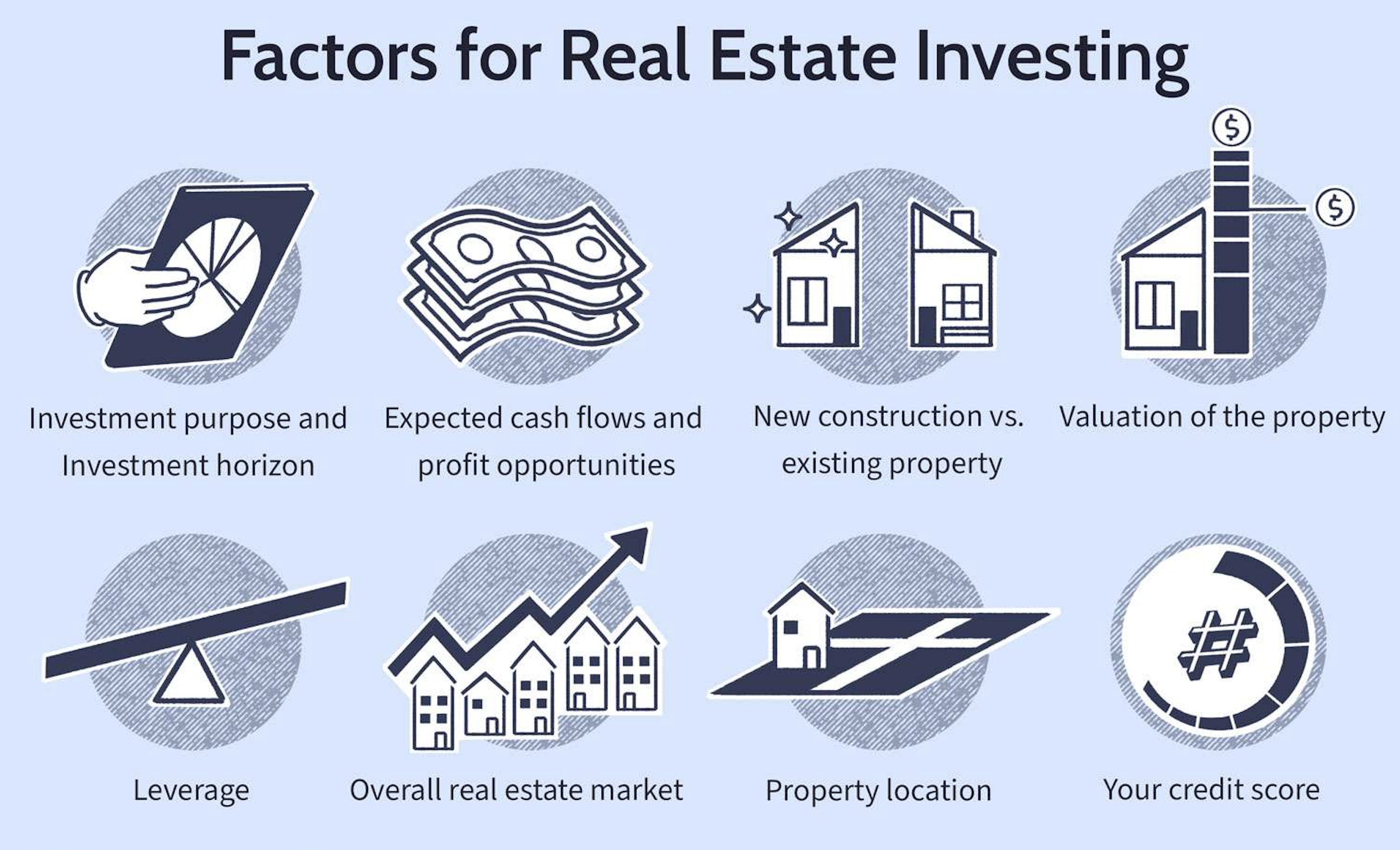Are you intrigued by the potential of real estate investing but worried about your limited capital? Well, fret not! Real estate investing is not just for the deep-pocketed elite. With careful planning, a solid strategy, and a dash of creativity, you can embark on your real estate investment journey even with a modest budget. In this guide, we’ll walk you through the steps to get started in real estate investing with limited capital while keeping a cool and confident tone.
1. Educate Yourself
Before you dive into the real estate market, invest in your knowledge. Read books, attend seminars, and follow reputable real estate blogs. Understand the different types of real estate investments, such as residential, commercial, or rental properties. Learning the ropes will empower you to make informed decisions.
2. Set Clear Goals
Define your investment objectives. Are you looking for steady rental income, long-term appreciation, or quick flips? Knowing your goals will help you choose the right investment strategy. It’s like setting coordinates on your GPS for a successful journey.
3. Create a Budget
Limited capital means you need to be extra vigilant with your finances. Determine how much you can afford to invest without compromising your financial stability. Remember that real estate investment often requires more than just the initial purchase price – there are maintenance, taxes, and other costs to consider.
4. Explore Financing Options
Don’t let a lack of funds stop you. Look into various financing options like:
- Mortgages: For residential properties, you can often secure a mortgage with a reasonable down payment.
- Hard Money Loans: These are short-term, high-interest loans based on the property’s value, not your credit score.
- Partnerships: Consider partnering with someone who has the capital you lack. A well-structured partnership can be a win-win situation.
5. Start Small
Begin your journey with modest investments. Look for properties in up-and-coming neighborhoods or properties that need some TLC. These can often be acquired at a lower cost and offer potential for value appreciation.
6. Explore Alternative Investment Methods
Real estate investment doesn’t always mean owning physical properties. You can also explore:
- Real Estate Investment Trusts (REITs): These allow you to invest in a portfolio of properties without the hassle of property management.
- Real Estate Crowdfunding: Join platforms that pool investors’ money to purchase properties collectively.
7. Build a Network
Connect with other real estate investors, real estate agents, and industry professionals. They can provide valuable insights, opportunities, and potentially even funding.
8. Learn to Negotiate
Effective negotiation can make a huge difference in your investment success. Develop your negotiation skills to secure better deals and maximize your limited capital.
9. Manage Your Investments Wisely
Once you’ve made your first investment, manage it carefully. Ensure your property is well-maintained, and consider leveraging rental income to fund future investments.
10. Be Patient and Persistent
Real estate investing is a long-term game. Be prepared for ups and downs. Stay persistent, keep learning, and adjust your strategy as needed.
In conclusion, limited capital should not deter you from venturing into real estate investing. With the right approach, a cool demeanor, and a willingness to learn, you can build a successful real estate portfolio over time. Remember, every real estate journey begins with a single step, so take that step and watch your investment dreams become a reality. Happy investing!
